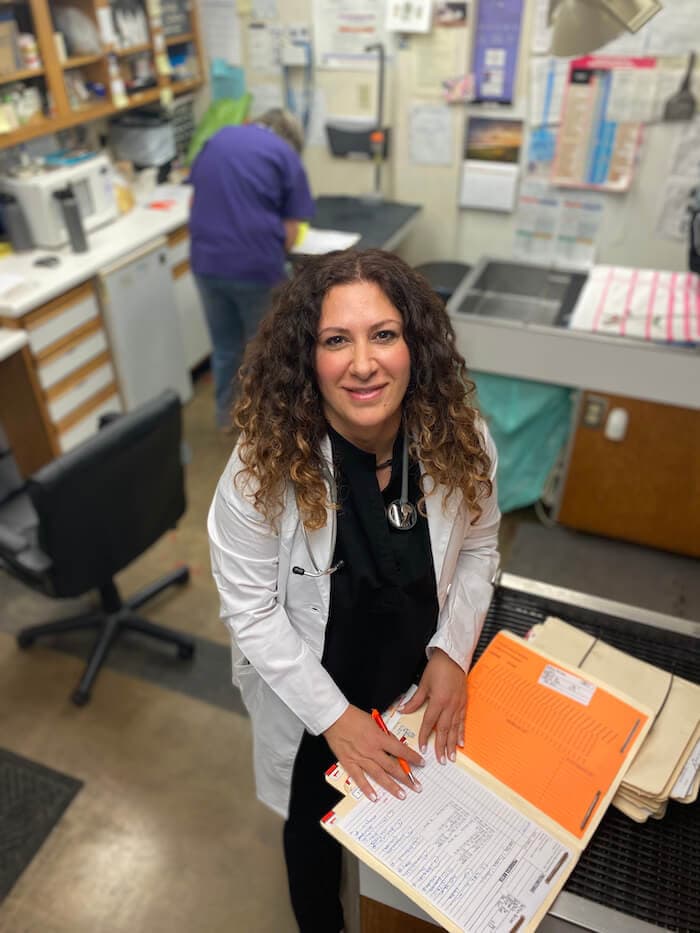Proper Kitten Care Advice from Veterinarians
As someone who is doing their due diligence in kitten care research, you’ve already shown yourself to be a responsible pet owner who wants their cat to have a long and healthy life. It makes sense that you have questions about how to accomplish that, especially if this is your first kitten. At GeniusVets, we firmly believe that petcare information should come from veterinarians and not from “Dr. Google.” That’s why we’ve taken the most common kitten care questions, sent these questions to renowned veterinarians across the U.S., and compiled their replies to get you valuable information that you can trust.
While all of the kitten care information and recommendations below have been sourced directly from leading veterinarians across the country, please make sure to seek out the advice of your own veterinarian or find a trusted veterinarian near you using the GeniusVets Directory.
What is the most important thing to know about raising a healthy kitten?
Preventive care is another critical kitten care component. Cats often get forgotten when we think about annual checkups, vaccinations, and parasite control, so all those things need to be considered.
What are the right and wrong ways to pick up my kitten?
How can I tell if my kitten is happy and healthy?
How should I feed my kitten?
What are some products I might need for my kitten?
How soon should I bring my new kitten to see a veterinarian?
How can I get the most out of my first vet visit with my new kitten?
What will a veterinarian look for during an initial kitten care visit?
What are some early signs and symptoms of health issues in kittens?
Why is it important to avoid self-diagnosing possible kitten health problems?
When should my kitten get vaccinations?
What do I need to know about kitten behavior?
Again, if you have any further questions about kitten care, ask your veterinarian. If you don't have one yet, we can help you find a local veterinarian!






